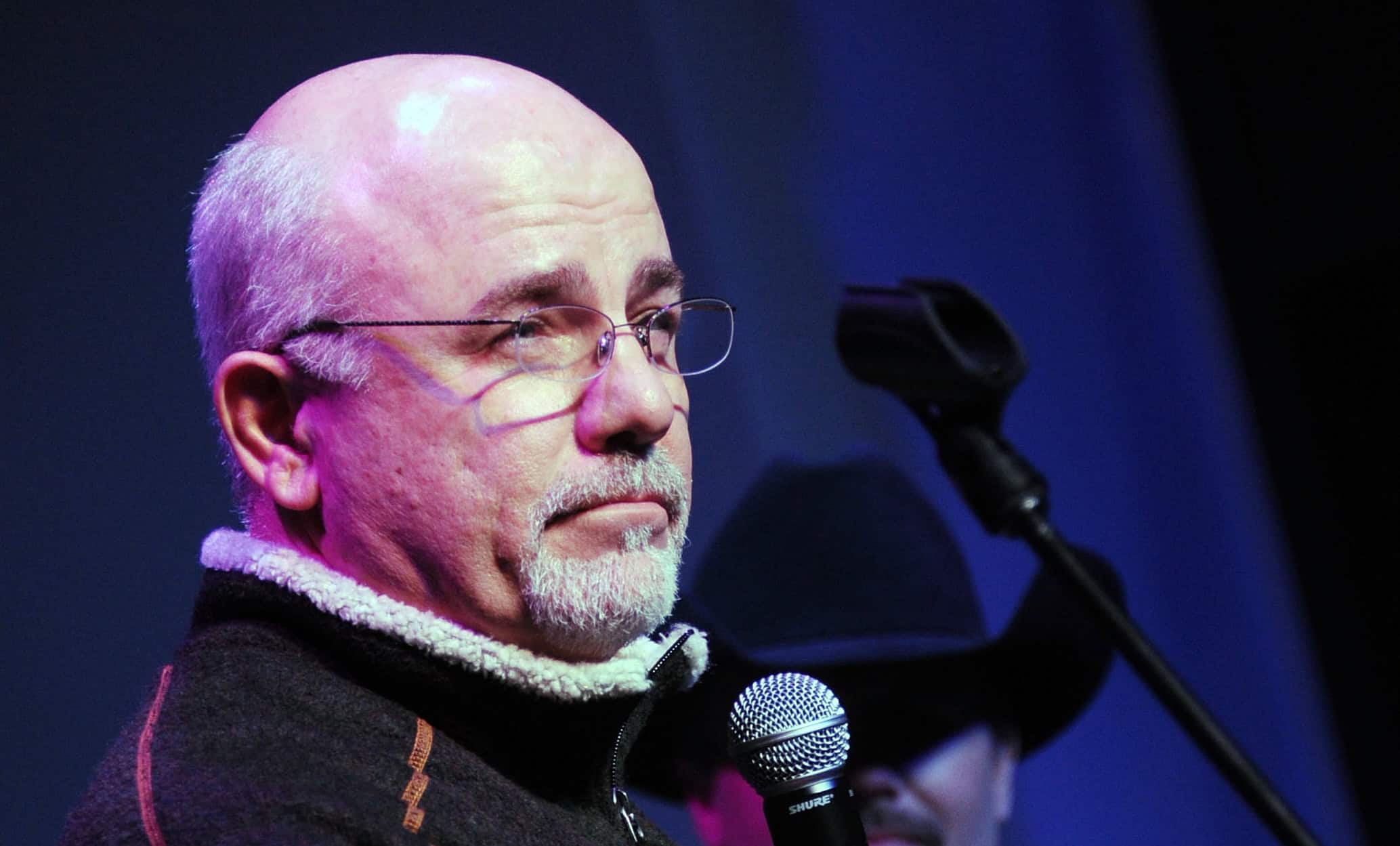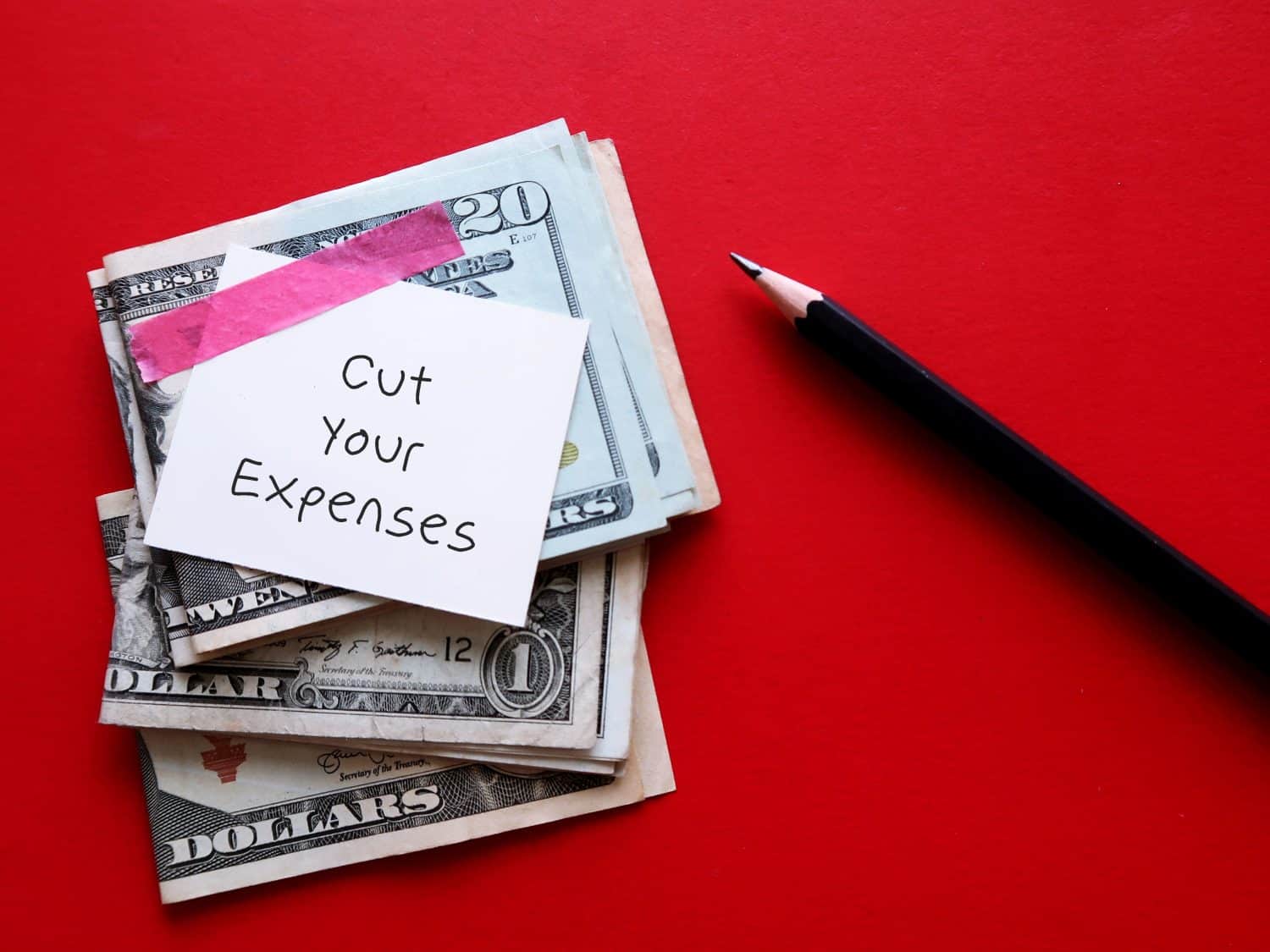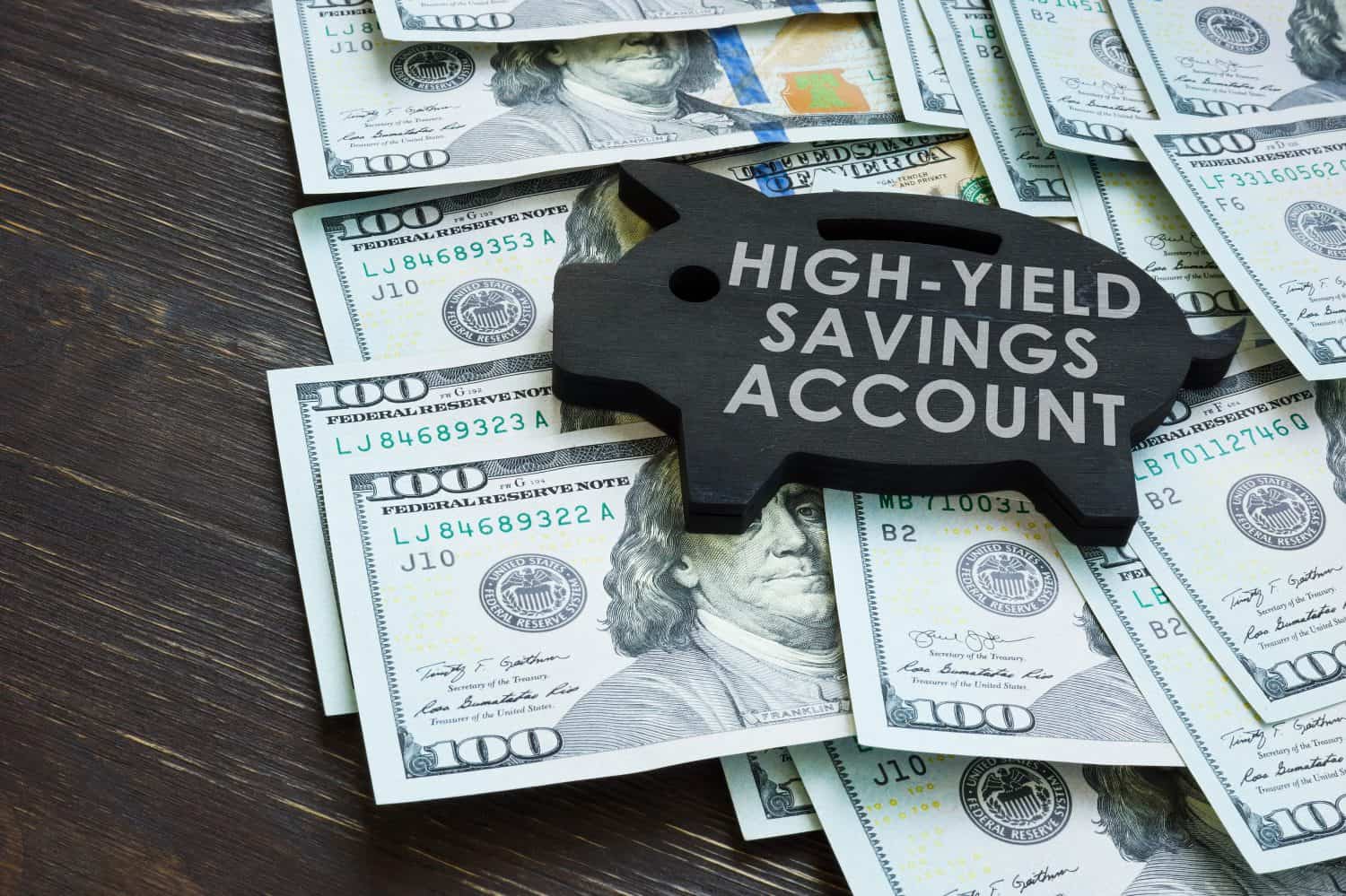Personal Finance
Dave Ramsey said 'You must gain control over your money or the lack of it will forever control you.' And this is how to do it

Published:

Dave Ramsey has helped millions of people get a better understanding of their finances and pursue ambitious long-term goals. He implores his followers to gain control over their finances. That means having enough funds to cover your living expenses and still saving money each month.
People who don’t have control over their finances often spend above their means and end up with deep credit card debt. Losing control over finances can leave people feeling desperate and having fewer choices in life. For instance, bad finances can result in a bad credit score, which limits housing options. A bad FICO score also results in higher APRs on financial obligations.
If you want to control your money, this guide will highlight some of the things that you can do.
Getting more control over your money will give you more choices in life.
Building your career while staying on top of your expenses and investing each month can help you achieve long-term financial goals.
The best high-yield savings accounts are paying way more than most Americans realize, with some offering cash bonuses for new accounts. Click here to see our top pick today. (Sponsored)

Constantly striving to increase your income is one of the best ways to get your money under control. While keeping expenses low will also help, the costs of products and services continue to rise. Furthermore, there’s only so much cost-cutting you can do before you reach necessities.
Picking up a side hustle and asking for a raise can boost your income right away. However, you can increase your earnings more by job hopping and developing high-paying skills.

Prioritizing a high income is pivotal to getting control over your finances, but a high income combined with higher expenses won’t be good for your long-term money goals.
Budgets allow consumers to rein in their expenses. Setting a budget starts with listing the necessities, such as food and housing. Then, you can allocate a small percentage of your remaining paycheck toward non-essentials.
One popular budgeting rule is the 50/30/20 rule. Advocates of this approach believe in spending 50% of their paycheck on necessities, allocating 30% of their paycheck toward discretionary purchases, and saving the remaining 20%. You can adjust those percentages based on your financial situation, but the idea is to know how much you intend to spend and save.

Almost every successful retirement plan depends on steady investments over a long period of time. Maxing out your 401(k) plan and IRA will reduce your tax bill and get you closer to long-term retirement goals.
While some people think about investing whatever remains after covering their living expenses, people who want more control over their money should prioritize investing over discretionary spending. For instance, people should invest a fixed percentage of their paycheck into assets before making any non-essential purchases.
A fixed percentage allows you to adjust your portfolio contributions as your income changes. Furthermore, treating discretionary spending as the scraps puts a stronger emphasis on decisions that will lead to financial independence.

Investing your money is great, but you still need an emergency fund to navigate expenses as they arrive. Experts’ opinions vary, but it is good to have at least six months of living expenses in an emergency fund. A consumer who spends $10,000 per month should aim for a $60,000 emergency fund.
You can put the money to good work in a high-yield savings account. These accounts allow you to earn a risk-free return on your balance, with yields ranging from 2.00% to 4.00% in most cases.
A high-yield savings account offers more stability while your assets go to work in your retirement portfolio. Your bank may already offer a high-yield savings account, but comparing other options can help you discover a higher APY. A higher rate allows you to earn more interest from the same money, making it worth the effort to compare financial institutions.
The last few years made people forget how much banks and CD’s can pay. Meanwhile, interest rates have spiked and many can afford to pay you much more, but most are keeping yields low and hoping you won’t notice.
But there is good news. To win qualified customers, some accounts are paying almost 10x the national average! That’s an incredible way to keep your money safe and earn more at the same time. Our top pick for high yield savings accounts includes other benefits as well. You can earn up to 3.80% with a Checking & Savings Account today Sign up and get up to $300 with direct deposit. No account fees. FDIC Insured.
Click here to see how much more you could be earning on your savings today. It takes just a few minutes to open an account to make your money work for you.
Thank you for reading! Have some feedback for us?
Contact the 24/7 Wall St. editorial team.